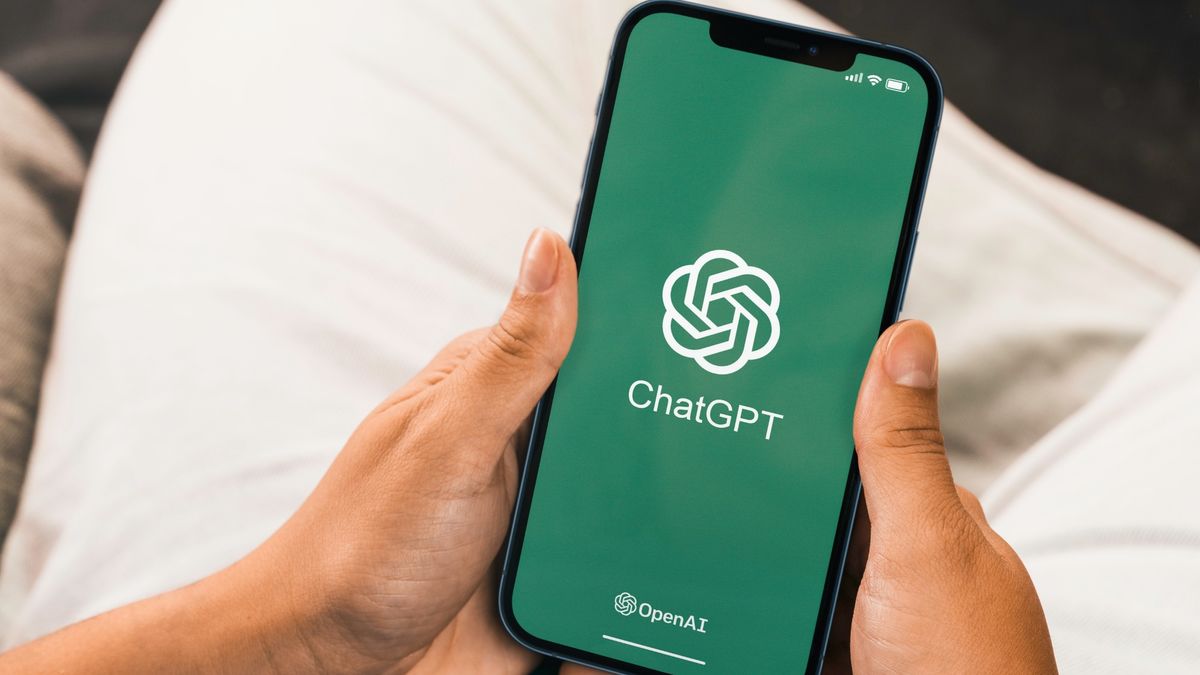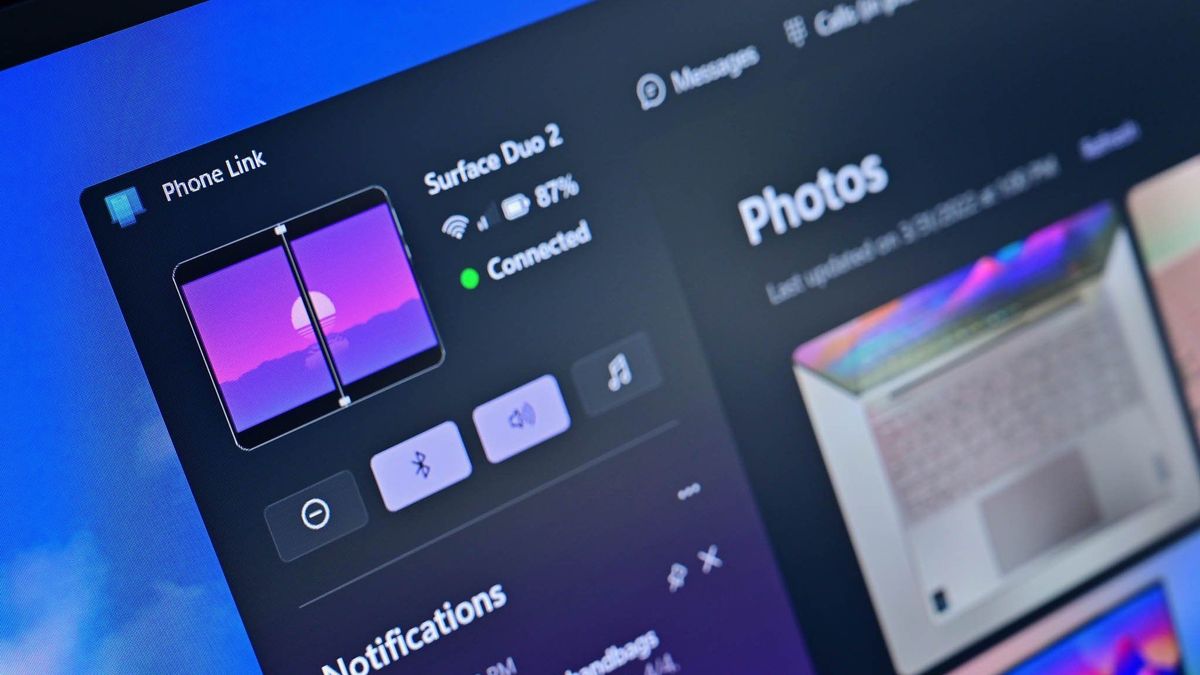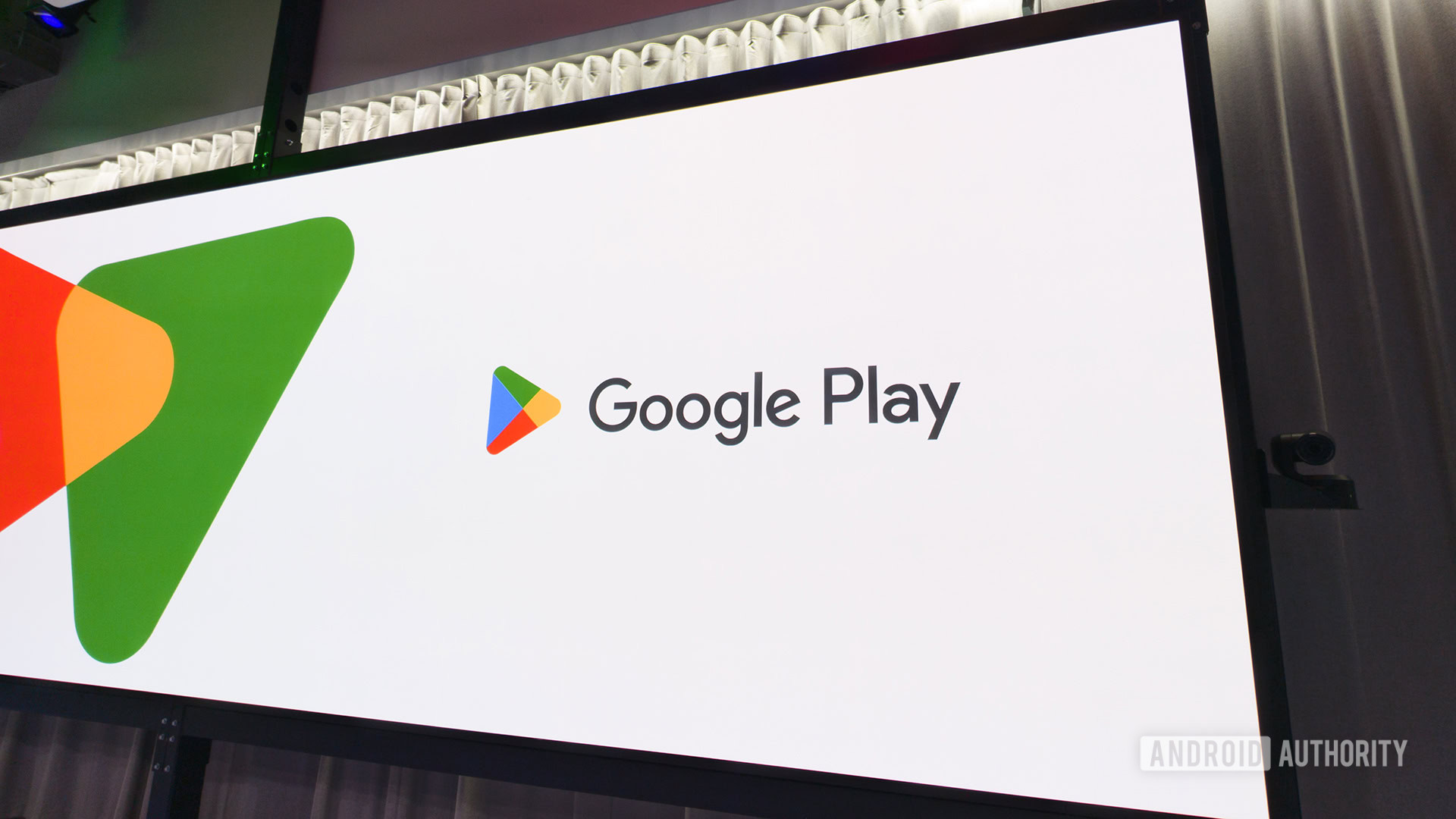From www.talkandroid.com
Editorial Note: Talk Android may contain affiliate links on some articles. If you make a purchase through these links, we will earn a commission at no extra cost to you. Learn more.
If you look back, you’ll realize how the introduction of the Apple iPhone completely changed the world we currently live in by impacting the future of mobile phones. I would say that we’ve reached the next frontier of technological advancement: generative AI.
We’ve heard songs using Spongebob characters to rap, we’ve seen AI art done in the style of famous painters, and we’ve read stories and poems written to imitate notable literary icons. There’s a need for copyright laws around the use of AI, and thankfully, the US will introduce new laws this year.
The US Copyright Office Will Update AI Copyright Laws In 2024
Generative AI has loads of potential for the way we interact with the world, but the rate at which it is growing is taking it into dangerous territory. After all, the “generative” potential of generative AI is enabled by millions of pieces of content created by others, whether in audio, text, or image formats. Of course, this means that AI is can knowingly and unknowingly copy works from other people.
The US Copyright Office is proactive, though, and ready to address the copyright technicalities of AI-generated works that hit on two main aspects:
- AI Likenesses: People are already creating digital replicas of themselves and of famous people. If you’re lucky, you can stumble across accounts dedicated to this on TikTok. However, this aspect of the intended laws doesn’t only focus on the visual likeness but also extends to voices and other parts of a person’s identity that can be digitally recreated.
- AI-Generated Material: The second aspect focuses on the technicalities of copyright around works that involve any degree of AI generation. For instance, can I copyright an AI-generated image under my name (especially when it is made in the style of another, more iconic person), even if all I really did was type in prompts?
These two aspects focus on big grievances that creatives and public figures have with AI, though there are no actual laws detailed in the announcement. Hopefully, later this year, we’ll get some clarity on what is legally right and what is legally wrong.
Generative AI Is Not New To Lawsuits
As I mentioned before, generative AI is only able to know so much because it scours the web for articles, posts, comments, images, and on and on, and uses that as material to learn. However, this means that publicly available content is used to train the language models, and in one very notable case, The New York Times had its articles used.
The New York Times has literally millions of articles in its repository. and when a person asks ChatGPT (the AI model their lawsuit targets) a question related to an article that the newspaper has published in the past, it sometimes pulls sections of articles verbatim. A lot of this information is normally hidden behind a paywall, so the media organization is suing for billions in damages.
The hope is that these new laws will make things more clear-cut, but generative artificial intelligence is still in its teething phase, so it’s no surprise that it’ll be facing a lot of drama at this point.
Through Tecno, Gionee, Vivo, Google, and now Samsung, Ayomide has always been an Android enthusiast. His current partner in crime is a Samsung Galaxy S22 Ultra. You can find him playing Candy Crush or Call of Duty: Mobile, watching movies, and he is a big fan of trivia and quizzes.
Previous Post

[ For more curated Computing news, check out the main news page here]
The post The US Plans To Unveil New Copyright Laws For AI This Year – Talk Android first appeared on www.talkandroid.com









/cdn.vox-cdn.com/uploads/chorus_asset/file/25546355/intel_13900k_tomwarren__2_.jpg)







